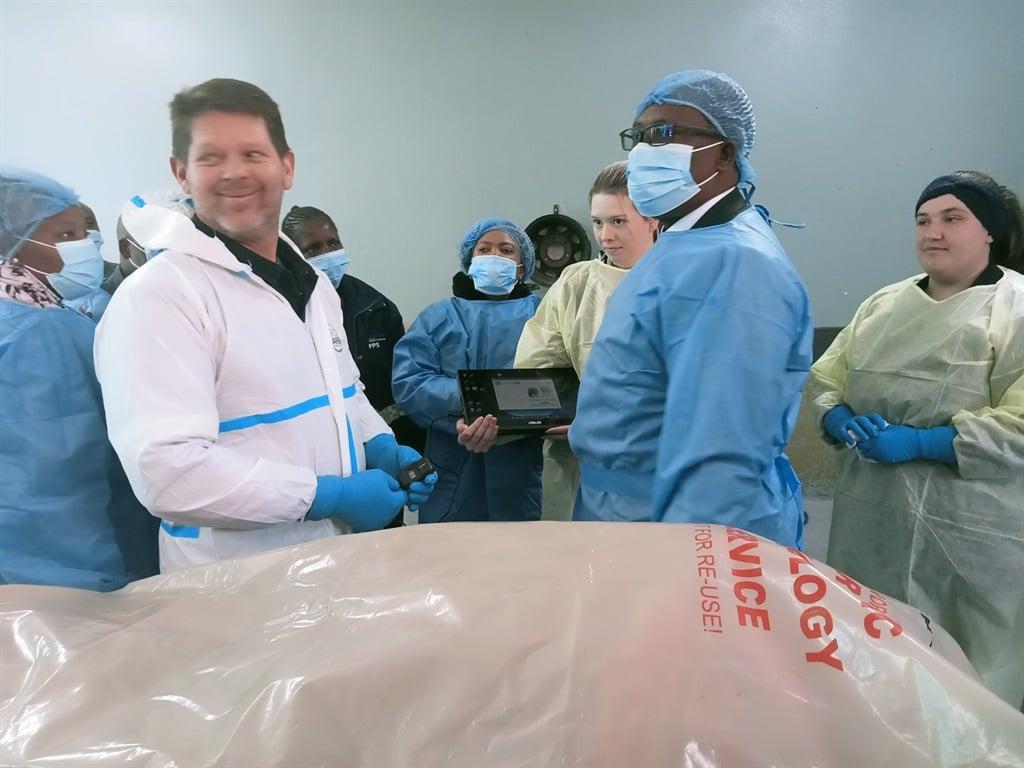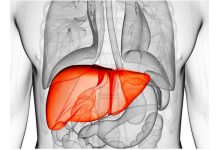Africa-Press – South-Africa. The trauma of families going from one government mortuary to another, looking for missing loved ones, will be a thing of the past in Gauteng after the provincial health department introduced a new digital fingerprint system.
The fingerprint system will address the challenges of unclaimed and unidentified bodies.
In partnership with the Centre for Public Service Innovation and Council for Scientific and Industrial Research, the system was launched at Germiston Police Station on Thursday.
It uses biometrics technology and has access to databases from the Department of Home Affairs, police, and national credit bureaus database to help identify bodies.
Early this year, Gauteng Health and Wellness MEC Nomantu Nkomo-Ralehoko raised concerns about the growing number of unclaimed bodies at the province’s Forensic Pathology Service (FPS).
In February, there were at least 938 unidentified bodies in Gauteng’s mortuaries and according to the department, this was reduced to 691.
Last month, Health Minister Dr Joe Phaahla said nearly 20 forensic pathology mortuaries around the country were experiencing space limitations due to the number of unclaimed bodies.
He added seven mortuaries in Gauteng had space problems.
Bronkhorstspruit FPS manager Willie Fouche demonstrated how the new digital fingerprint system worked on a dead body.
The fingertips of the corpse were placed on a biometric scanner. Within two minutes, the deceased’s details showed up on a laptop. It showed the man’s face, his last known address and contact details.
The acting CEO of Gauteng FSP, Thembalethu Mpahlaza, said: “We are also looking ahead in terms of digitalising our documents.
“The digital fingerprint system project aims to solve the challenge of unidentified deceased bodies and long waiting times leading to the state conducting pauper burials.
“Some bodies are really decomposed, which is difficult to get quality fingerprints from the deceased. The new system will improve the quality of fingerprints of the deceased.”
Mpahlaza added they also had a problem with families burying the wrong bodies because of incorrect information.
Speaking at the launch, Nkomo-Ralehoko said the digital fingerprint system’s introduction stood as a transformative milestone in forensic pathology.
Nkomo-Ralehoko said forensic pathology officers would receive specialised training to use the biometric scanners.
“The training will enable them to effectively capture and analyse fingerprints, thereby expediting the identification process and improving overall efficiency.
“Clinical staff, including medical officers, pathologists, and general support staff, will also receive training to familiarise themselves with the system and its associated processes,” she added.
Gauteng Premier Panyaza Lesufi said from 1 August, people would be able to check for their loved ones who have died through an online system.
“One can punch in their ID number instead of travelling for a long distance and going from one mortuary to another.
“Every area that receives a dead body should go through the finger registration process,” he added.
For More News And Analysis About South-Africa Follow Africa-Press






